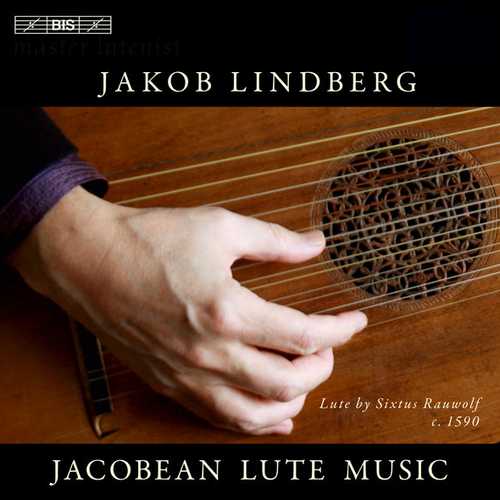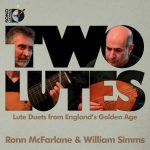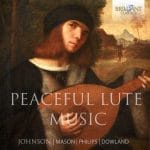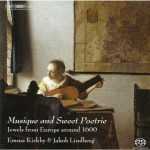
Performer: Jakob Lindberg
Format: FLAC (tracks)
Label: BIS
Release: 2014
Size: 1.07 GB
Recovery: +3%
Scan: yes
01. Dowland: A Fancy
Robinson, T: The Schoole of Musicke
02. Merry Melancholy
03. A Galliard
04. Walking in a country town
05. A Gigue
06. Johnson, R: Pavan No. 2 in F Minor
07. anon.: A Scottish Dance [17th Century]
08. anon.: Draw Near to Me and Love Me [17th Century]
09. anon.: Hence to me Molly Gray [17th Century]
10. anon.: A Scottish Tune [17th Century]
11. anon.: Scottish Hunts Up [17th Century]
12. Batchelar: Mounsiers Almaine
13. Hely, C: Fantasia
14. Hely, C: Saraband
15. Dowland: Round Battle Galliard
16. Batchelar: Prelude
17. Batchelar: Une Jeune Fillette
18. Batchelar: Courante in B-Flat Minor
19. Gaultier, J: Courante
20. Gaultier, J: Cloches
21. Gaultier, J: Courante [2]
22. Batchelar: Pavan in D Major
23. anon.: Prelude [17th Century]
24. anon.: John com Kisse me now [17th Century]
25. Johnson, R: Fantasia
The Schoole of Musicke
26. The Spanish Pavin
27. A Gigue
28. A Toy
29. Row well you Marriners
30. Dowland: Mr John Langton’s Pavan
From the reign of Henry VIII and onwards, the lute and its practitioners enjoyed the patronage of the very highest English society. Henry played the lute himself, as did his daughter Elizabeth I, who during one period employed as many as five lutenists at her court. In 1603, when she was succeeded on the throne by James I, the tradition was maintained: with his appointment of John Dowland the king increased the number of royal lutenists, while his queen, Anne of Denmark, played the lute herself. This royal enthusiasm for the lute influenced the aristocracy, and an English style of lute music was established. A large corpus of solo music has been preserved, mostly in manuscript sources, from which Jakob Lindberg has made a personal selection. This includes obvious candidates – such as John Dowland and Robert Johnson – but also pieces by the enigmatic Cuthbert Hely, whose work only survives in one single lute book, and by a certain ‘Gauthier’ – possibly Jacques Gaultier, who had fled to England after killing an adversary in a duel. The inclusion of this French lutenist also serves to highlight the abundance of French lute music in Jacobean sources, especially, as heard here, in the form of courantes. Another favourite genre in many lute books are settings, often anonymous, of Scottish folk music, and this is also reflected in Lindberg’s selection. One of the foremost exponents of the lute and this repertoire, Jakob Lindberg performs the programme on what is possibly the world’s oldest lute in playing condition, built in c. 1590 – and thus almost exactly contemporary with the music on this disc.



